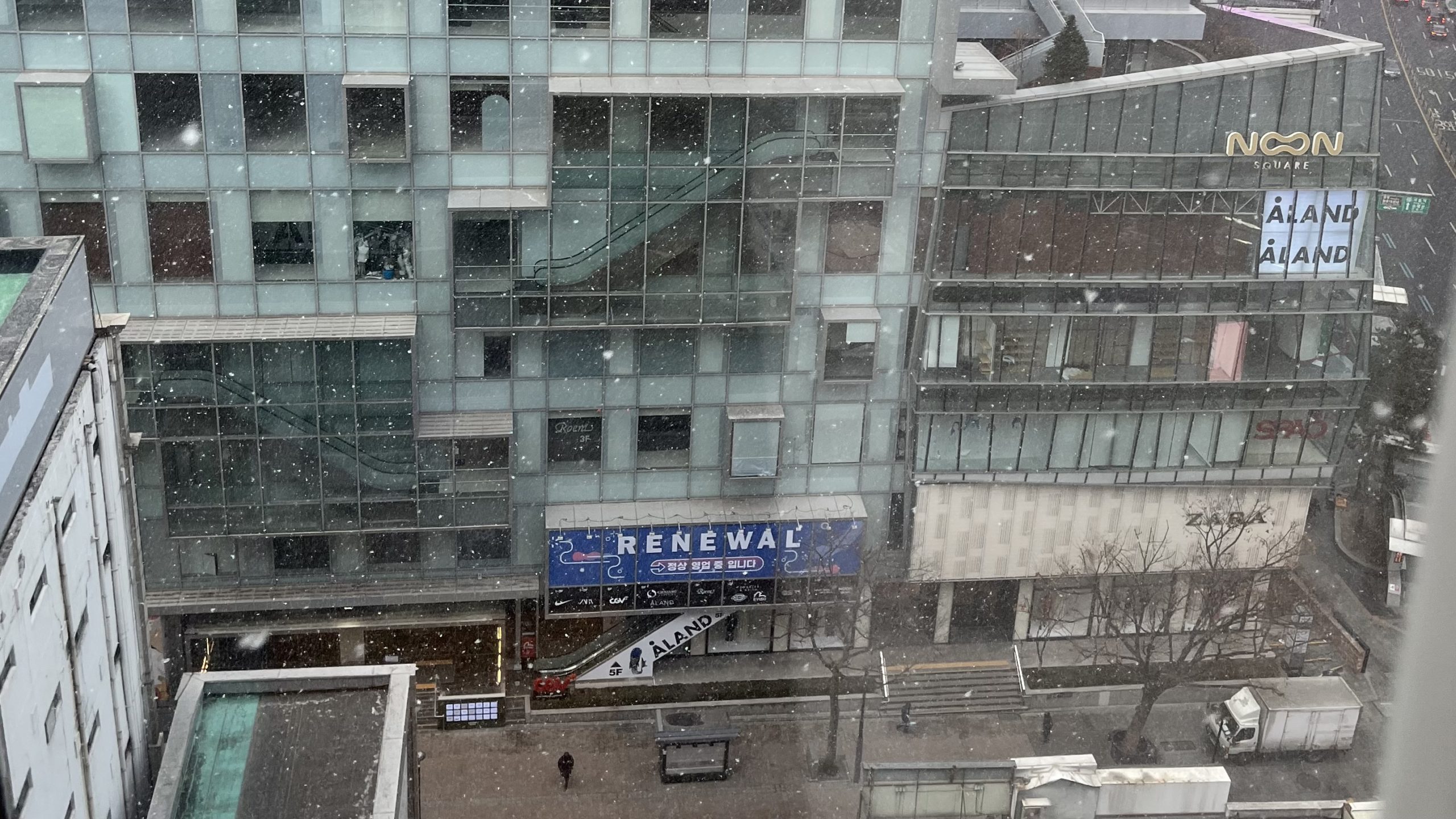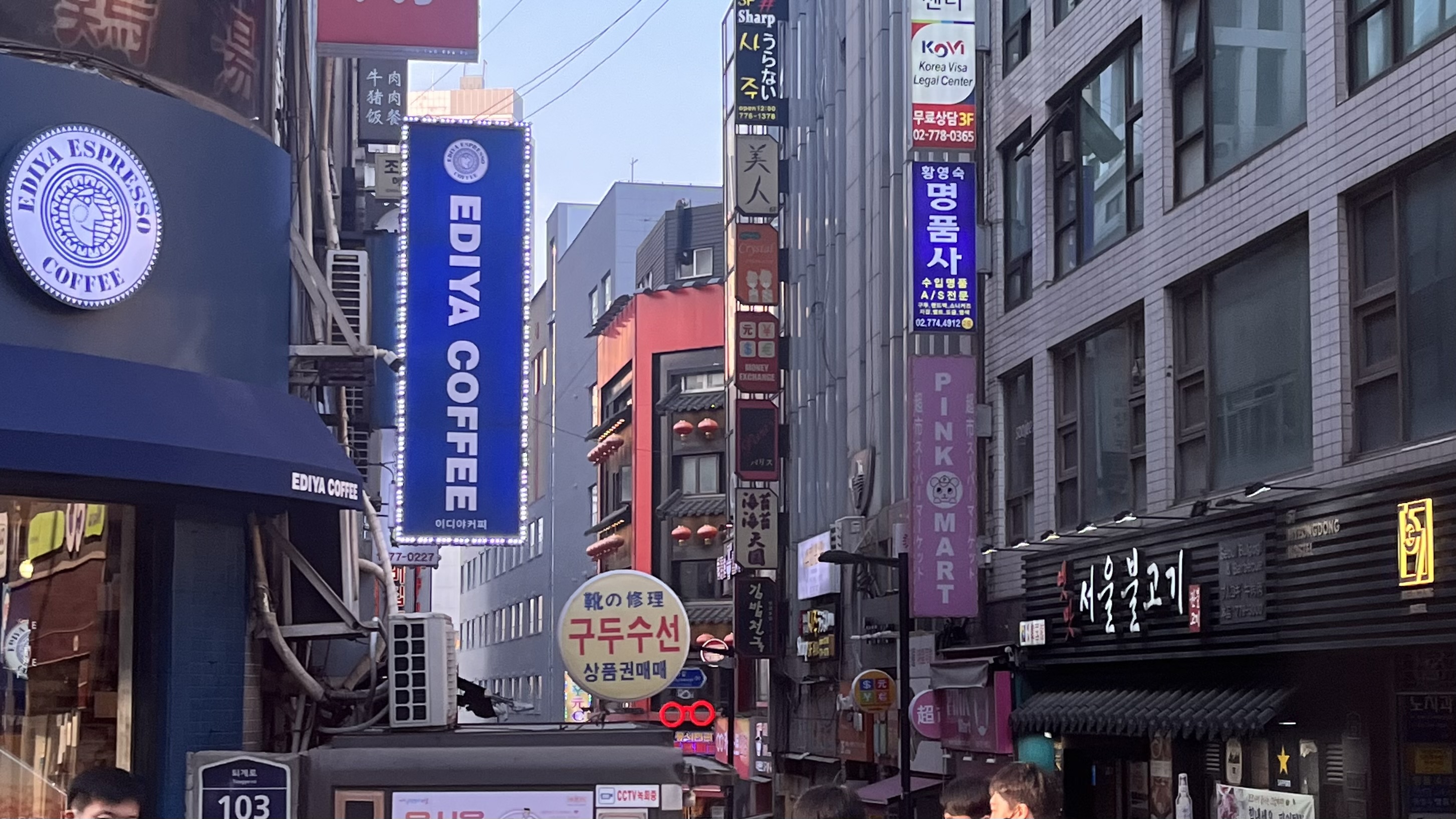
Quarantine in South Korea Comes to an End
In order to visit South Korea, foreigners are required to undergo a seven day quarantine (the required time having just changed recently from 10 days to 7). Today, February 18th, my seven day quarantine has came to an end and I was able to explore areas in �
동 (Myeong-dong). In this blog post I’d like to delve into my time in quarantine, what was expected of me, and the differences between how South Korea is handling the current COVID-19 pandemic as opposed to the United States’.
Before a plane flight entering South Korea is even allowed, a negative PCR test taken 48 hours before departure is required. This can be a difficult test to schedule due to turnaround times, so to ensure I would have my results back in time I paid an extra fee. After the 15 hour flight, I entered Incheon airport and was whisked away into various checkpoints in which my passport, quarantine facility, and negative PCR tests were verified. I finally made it to my quarantine facility in the evening and found myself unable to even recall the process of entry into Korea due to how fast-paced and overwhelming the process was.
The next seven days would consist of staying within the same hotel-turned-quarantine facility room. Breakfast, lunch, and dinner is served outside your door and you are not allowed to step foot outside of your room for those seven days unless you are leaving to take your PCR tests (one at the beginning of your quarantine, and one about two days before your quarantine is over). All the while you are to record your temperature and symptoms twice a day on a mobile app that also tracks your location to ensure that you do not leave your facility. This is all to say that the process of entering this country is a stark difference to entering and exiting from the United States currently.
While it feels like the United States has barely taken the pandemic seriously, being here in a country that requires contact tracing through the use of calling phone numbers for entry to establishments, presentation of vaccine passes, restrictions on group numbers and activity, and no talking in public transportation, South Korea is thankfully stricter than ever. There are various testing sites placed almost like pop-up shops throughout Myeong-dong from what I have seen so far and I do not doubt that the rest of Korea is the same. South Korea has created swift systems to ensure the health and safety of South Korea’s citizens and visitors is promoted wholeheartedly. It is a privilege to be able to study abroad during such a time, and while these protocols and restrictions may come across as nuisances initially, I am reminded that these are put into place solely for our benefit and I’m extremely grateful to be here during such a significant time.
Now that quarantine is over and I’m able to come and go, I am starting to realize just how different my life is going to be for the next four months. However, instead of dreading the changes I’ll have to go through and the norms I’ll have to familiarize myself with, I am actually extremely excited for what is to come and so thankful that I have this platform to document my most impressionable experiences.

